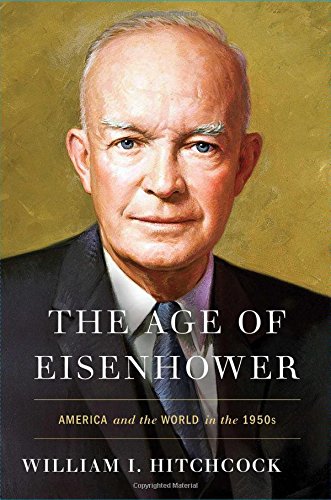Dispatches from Trump's America: The Vietnam Era Roots of the Current Madness

Photo Credit: Pixabay What's wrong with the Republican Party in the 21st Century? I mean, seriously, people. I've been around long enough to see the GOP, the supposedly grown up and sober party that allegedly promotes civilized behavior and "upholding the rule of law" that elected Richard M. Nixon to the Presidency 51 years ago morph into the "winning at all costs" wild bunch that supports Donald J. Trump in 2019. Well, if one cares to examine the historical record, the Party of Lincoln has been taking the nation to oblivion for a long time, even though pinpointing the exact era of American history in which Republicanism lost its way is difficult. In my lifetime, though, I'd say that the madness that has led us to Trumpism and its bizarre, MAGA cap-wearing cult of personality began in the mid-1960s with the aforementioned 1968 Presidential race. That campaign season, which took place during a tumultuous year that included the Tet Offensive in V...

